Reborn Virgin Australia sets course for the mid-market
A revived Virgin sees itself sitting somewhere between Qantas and Jetstar, but there’ll be no free snacks in economy.
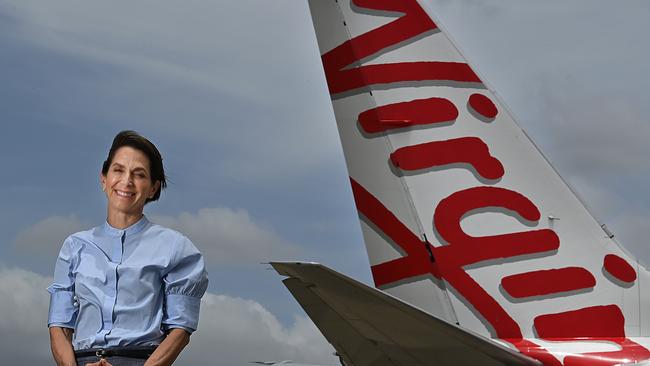
Virgin Australia will ditch free on-board snacks for economy passengers, create a more accessible business class and give its website and app a makeover, as the airline relaunches under new owners Bain Capital.
After emerging from administration on Tuesday following the completion of the sale to the US private equity firm, Virgin Australia has revealed how it will look in the future.
With new chief executive Jayne Hrdlicka at the helm, the airline would position itself “mid-market”, so it was not in direct competition with either Qantas or Jetstar.
“Australia already has a low-cost carrier and a traditional full-service airline, and we won’t be either,” Ms Hrdlicka said. “Virgin Australia will be a mid-market carrier appealing to customers who are after a great-value airfare and better service.”
For travellers, that would mean a business-class product, the removal of free snacks in economy in favour of a “buy on-board menu” and a more tech-focused check-in.
The website and app were also in for a major overhaul to make them easier to use and more in sync with the Velocity frequent flyer program.
Baggage would continue to be included in airfares, but decisions were yet to be made on in-flight Wi-Fi and the airline’s exclusive invitation-only lounge, known as The Club.
Virgin Australia’s other lounges would be reduced in number, with the airline committed to retaining only those in Brisbane, Sydney, Melbourne, Perth, Adelaide and the Gold Coast.
The Canberra lounge was still “under review” and the lounges in Mackay, Darwin and Cairns would close due to low visitation, along with those in Alice Springs and Perth’s T2 facility.
Virgin Australia planned to keep business, “economy X’’ and economy seats but would conduct an “end-to-end review” of the business-class offering before relaunching next year. Ms Hrdlicka said that, given the significant real estate of the eight business-class seats in the Boeing 737 cabin, the airline wanted to be sure they were being filled on every flight.
“We’ve spent a little bit of time figuring out who’s actually using the business-class cabin and what do our crew think about the experience we’re providing, and what’s clear in all that is we haven’t got it quite right,” Ms Hrdlicka told The Australian.
“The food product’s not right, so what do we want it to be as the world comes back to life and flying becomes part of everybody’s routine again?”
Ms Hrdlicka was hopeful of retaining roughly a third of the domestic market share, and said Virgin’s plan would give customers what they valued, without the big price tag. “(That includes) premium lounges, a new and fresh retail offering onboard, a choice of cabins, better digital technology and a more streamlined check-in experience,” she said.
“We will also continue to deliver our award-winning service, strong network of destinations, an award-winning frequent flyer program and a safe and reliable operation.”
Although there was still much uncertainty in the travel market, as demonstrated by the response to South Australia’s COVID-19 cluster, Ms Hrdlicka said Virgin was seeing some signs of recovery.
“We expect continued volatility but, as demand recovers, we’ll achieve a market share consistent with our pre-COVID position and continue to invest in, and grow, the fleet in line with increases in demand,” she said.


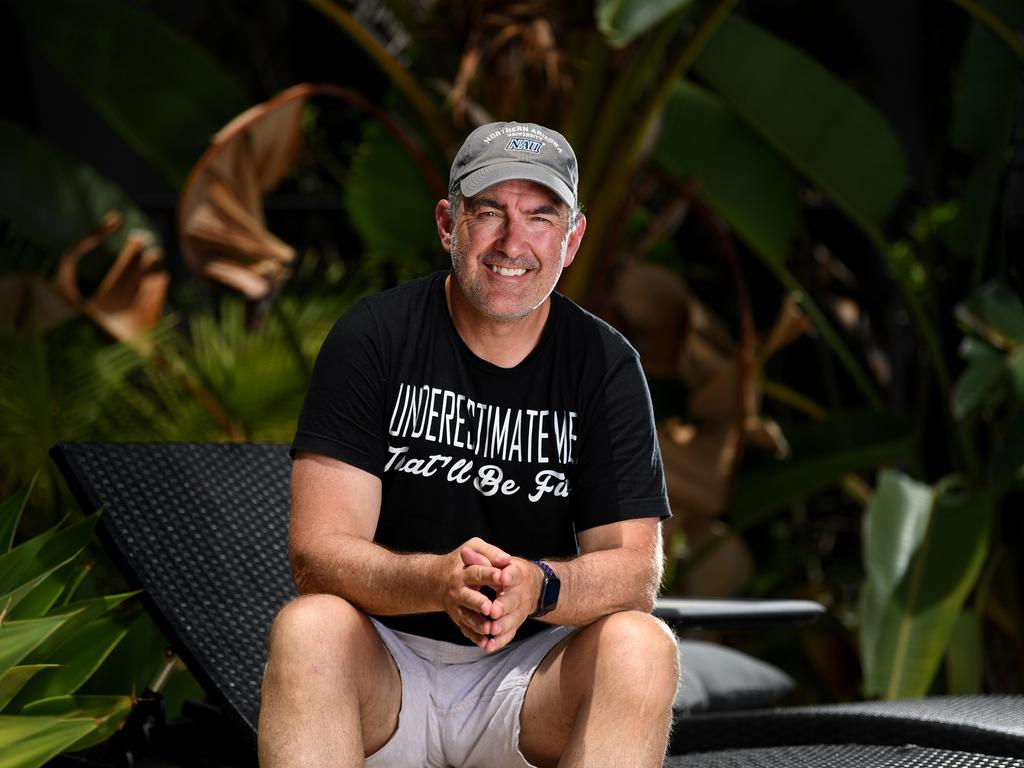
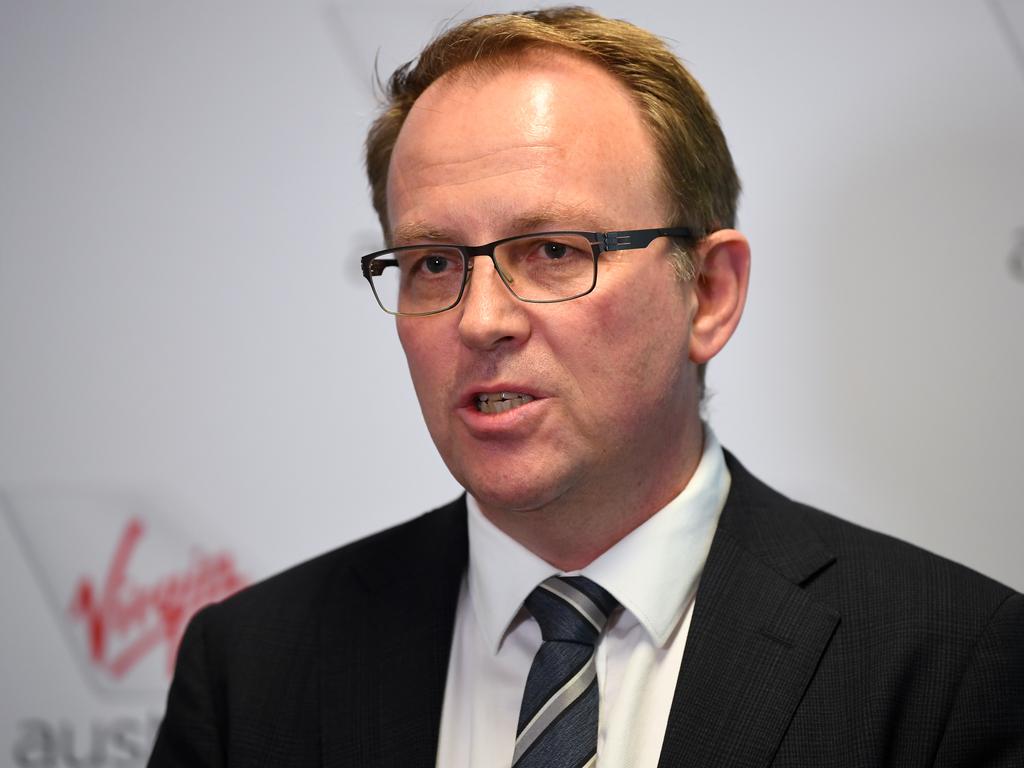
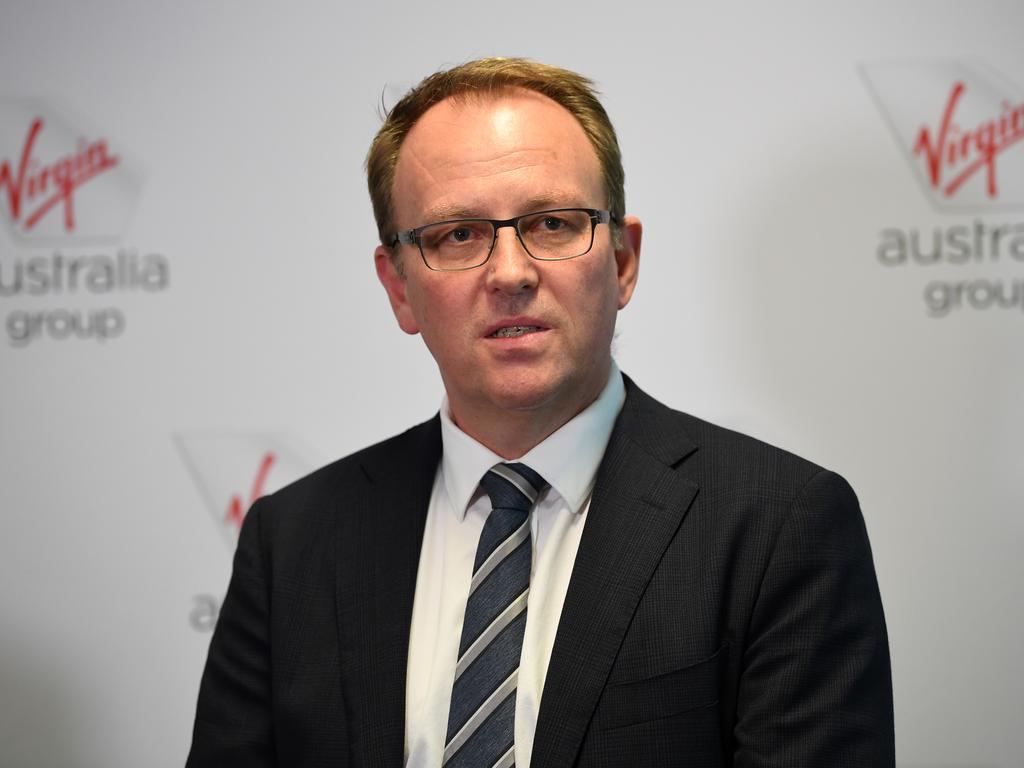
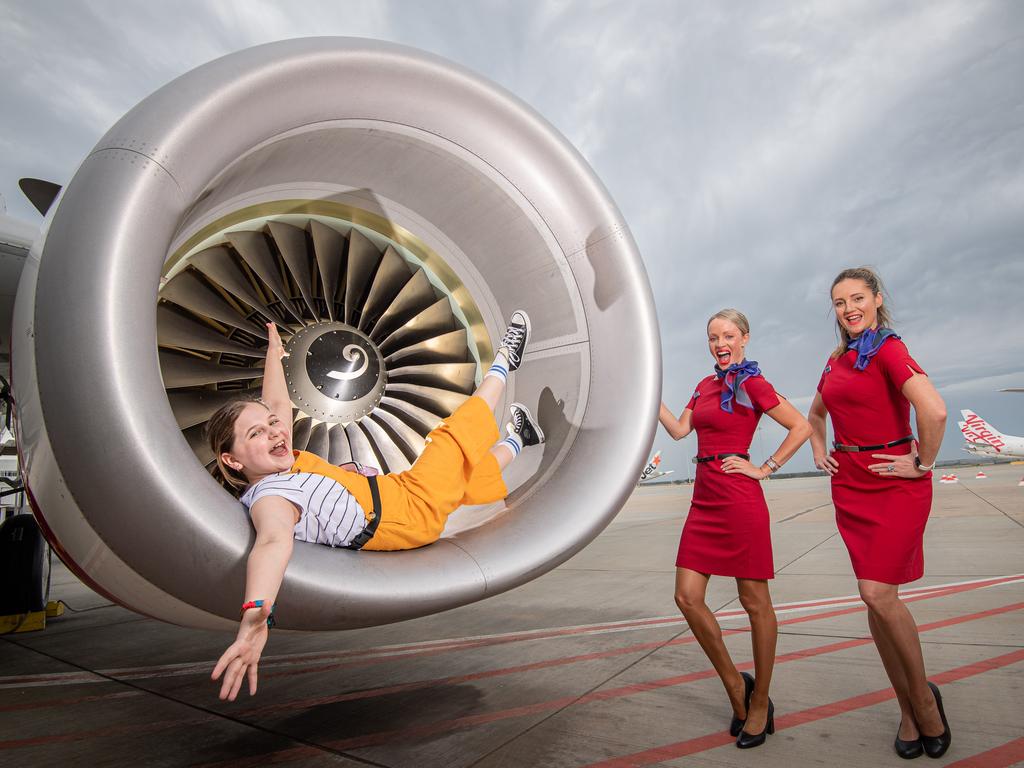


To join the conversation, please log in. Don't have an account? Register
Join the conversation, you are commenting as Logout